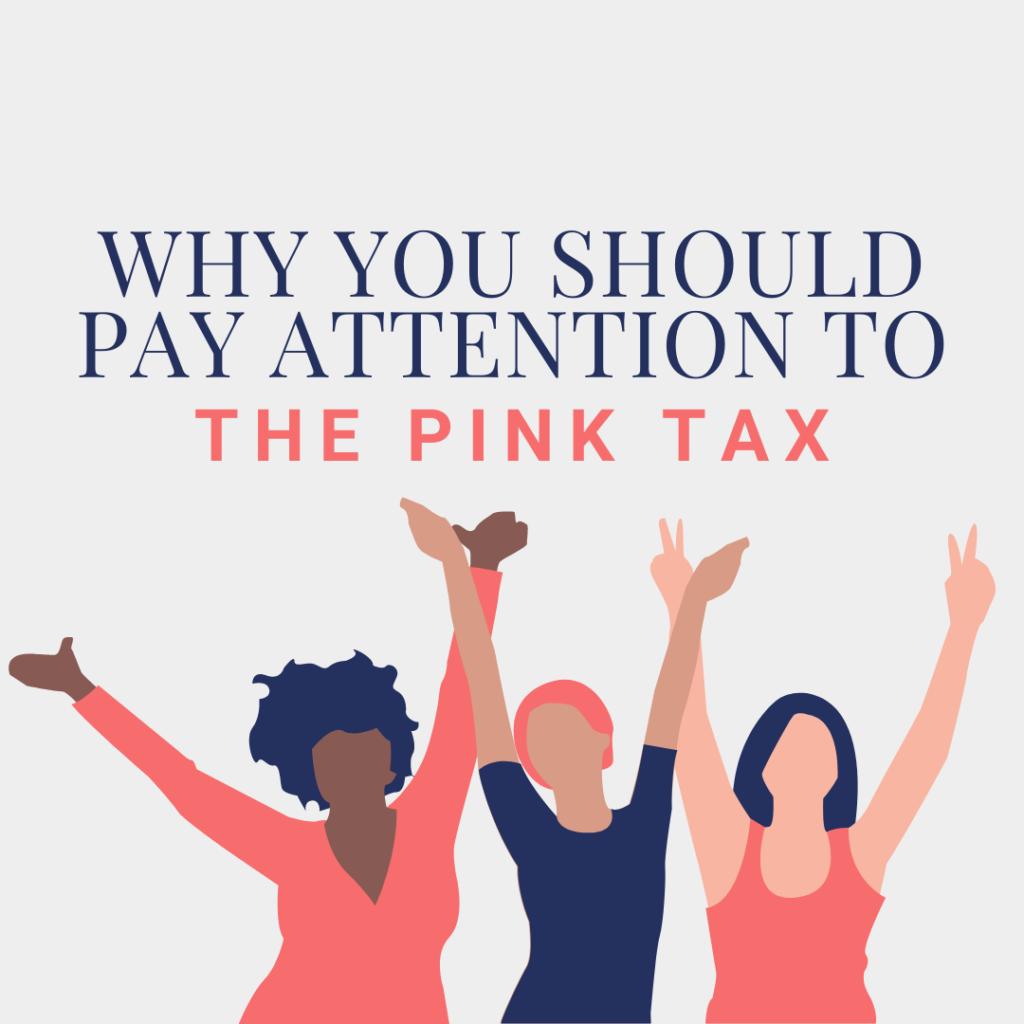Women are far less likely than men to study economics. While other male-dominated industries have made progress, female economists still face underrepresentation, wage discrimination, harassment, and more. It’s time to ask “Is economics sexist?” and address gender discrimination in the field.
Women In Economics
Women are underrepresented as economics students, researchers, academics, and professors. In 2015, women accounted for only 23% of tenured and tenure-track economics faculty. Some subfields, like finance, have even fewer female professors and academics.
Despite research that suggests female-authored papers published in top economics journals are of higher quality than male-authored papers, women are under-represented in top economics journals.
One provocative explanation for bias against high-level female economists could relate to the education of male economists. Researchers at the University of Chile are exploring the role of misogynistic educators in economics in their paper titled Does Economics Make You Sexist? Preliminary results are showing that male economics students are more likely to show implicit and explicit gender bias after their education.
Rewriting the Narrative
More generally, Professor Sarah Smith cites awareness of implicit bias as the catalyst for change. She says, “Awareness of implicit bias – unconscious bias – is really the only way to address it. It’s clear that the problem is not equally recognized by men and by women.”
The lack of representation is further contextualized by the mounting crisis of sexual harassment, discrimination, and bullying faced by women in the field. With the support of the #MeToo Movement, more women are speaking up to change the future of economics. And, more and more studies are confirming the existence of bias in economics.
In response, a group of graduate students and research assistants in economics known as Advocates for Diversity in Economics have authored an open letter to the economics community. They’re calling for us to listen to their experiences, enforce department-level standards of conduct, and implement a discipline-wide reporting system to document bad behavior.
In the words of the Advocates for Diversity in Economics, “We believe that things can change. We cannot do it alone.”
It is our responsibility to stand up to bigotry in economics. Reach out to us today to see how your investments can align with your values @ https://investedinterests.com/contact-us/




